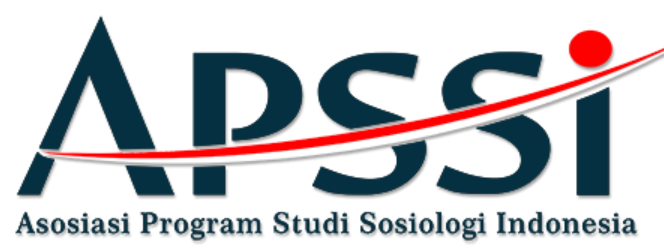Bani Ma'shum: Identitas Keluarga Besar dan Kontestasi Kapital
DOI:
https://doi.org/10.47776/MJPRS.001.01.01Keywords:
Bani Ma’shum, identity, extended family, capitalAbstract
This article describes the identity of a Javanese Muslim family, Bani Ma’shum. The word Bani is adopted from the Arabic concept which means descendant. The social context of this sociological phenomenon is the local community of Jatibarang Brebes, Central Java, where most of the Muslim community members are affiliated with NU. As the identity of an extended family based on NU, the agents and members of the Bani Ma’shum utilize their identity and capital in their daily lives. This paper uses qualitative methods to explain the three capitals owned and utilized by the Children of Ma’shum. In cultural capital, most members of the Bani Ma’shum family took an Islamic based education, starting with Madrasah Ibtidaiyah (MI), which continued to both traditional and modern pesantren, and continued to state and private tertiary institutions. The symbolic capital of the members of the Bani Ma’shum family comes through the prestige of a distinguished family, because many of the Bani Ma’shum members are religious figures and social figures of Jatibarang. In political capital, that the first child of H. Ma’shum had ever served as the village head of Jatibarang, namely H. Abdul Halim. The three capitals are contesting in the field socio-religious, economic and political arena in Jatibarang Brebes, Central Java. By having these three capital, strengthening the social capital owned by the members of Bani Ma’shum, because it can strengthen the network,trust and norms that bind the members of the Bani Ma’shum extended family.
Downloads
References
Bourdieu, Pierre and Loïc J. D. Wacquant. 1992. An Invitation to Reflexive Sociology. Chicago: The University of Chicago Press.
Bourdieu, Pierre. 1967. System of Education and System of Thought. International Social Science Journal, vol. XIX, No. 3, pp. 338-358.
Bourdieu, Pierre. 1977. Outline of a Theory of Practice, translated by Richard Nice. New York: Cambridge University Press.
Calhoun, Craig (ed). 1994. Social Theory and The Politics of Identity. Oxford: Blackwell Publisher.
Gutmann, Amy. 2003. Identity in Democracy. UK: Princeton University Press.
Hitti, Philip K. 2002. History of The Arabs Rujukan Induk dan Paling Otoritatif tentang Sejarah Peradaban Islam Edisi Revisi ke-10. Jakarta: PT. Serambi Ilmu Semesta.
J. Richardson (edited), translated by Richard Nice. 1986. Handbook of Theory and Research for the Sociology of Education. Bourdieu, Pierre. “The Forms of Capitalâ€. Pp. 241-58. New York: Greenwood Press.
Jenkins, Richard. 2004. Social Identity Second Edition. London & New York: Routledge.
Khaldun, Ibnu. 2000. Muqaddimah, Cet. Keempat, penerjemah Ahmadie Thoha, penyunting Tim Pustaka Firdaus. Jakarta: Pustaka Firdaus.
Maulidia, Hanifa. Reproduksi Identitas: Studi Kasus Komunitas Bani Ma’shum di Kecamatan Jatibarang Brebes Jawa Tengah. (Depok: Tesis Pasca Sarjana Sosiologi, Fakultas Ilmu Sosial dan Ilmu Politik, Universitas Indonesia, 2015).
Ritzer, George editor. 2005. Encyclopedia of Social Theory Volume I. Thousand Oaks: Sage Publications.
Ritzer, George editor. 2005. Encyclopedia of Social Theory Volume II. Thousand Oaks: Sage Publications.
Ritzer, George. 2011. Sociological Theory Eight Edition. USA: McGraw-Hill Companies.
Soekanto, Soerjono. 2002. Sosiologi Suatu Pengantar Cetakan 33. Jakarta: PT RajaGrafindo Persada.
Sunarto, Kamanto. 2004. Pengantar Sosiologi Edisi Revisi. Jakarta: Lembaga Penerbit Fakultas Ekonomi Universitas Indonesia.
Swartz, David. 1997. Culture and Power The Sociology of Pierre Bourdieu. Chicago and London: The University of Chicago.







